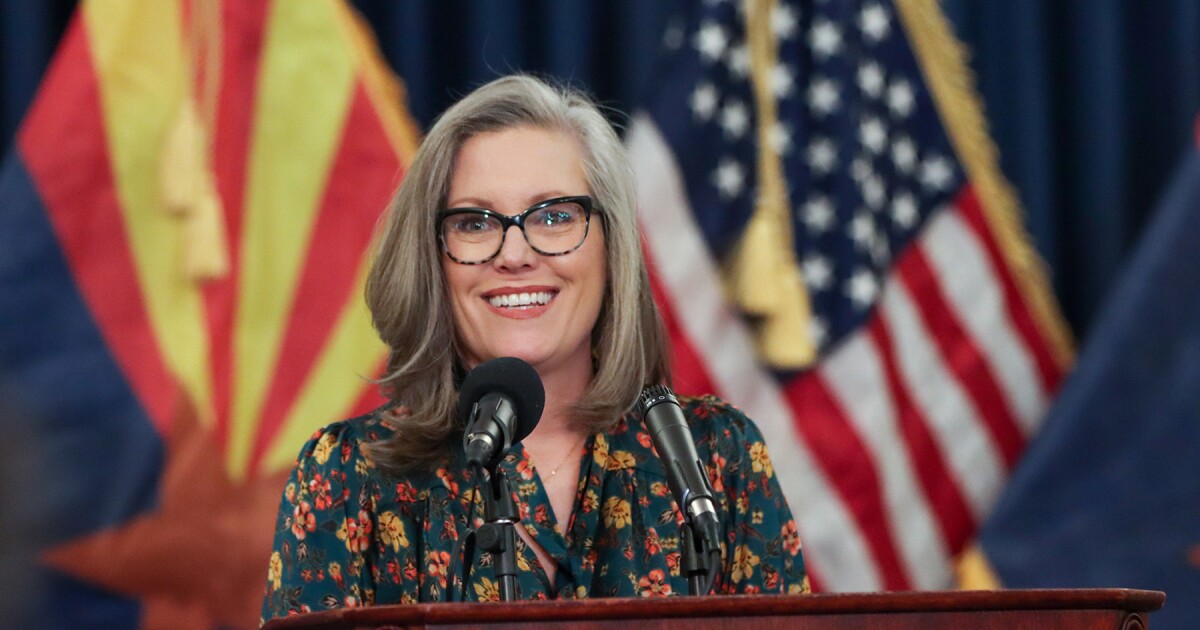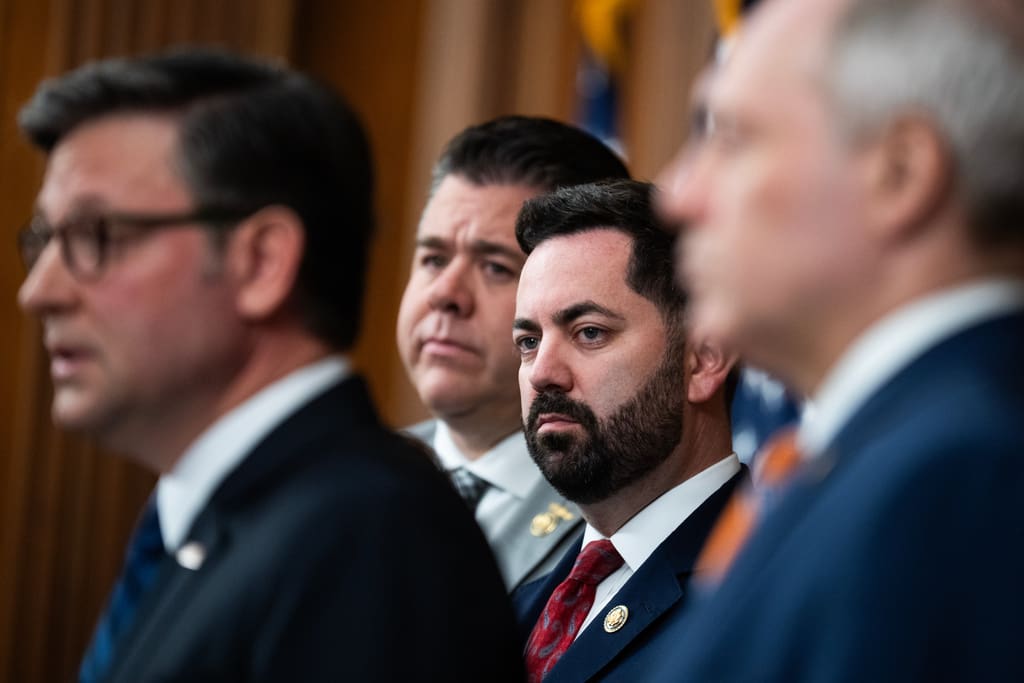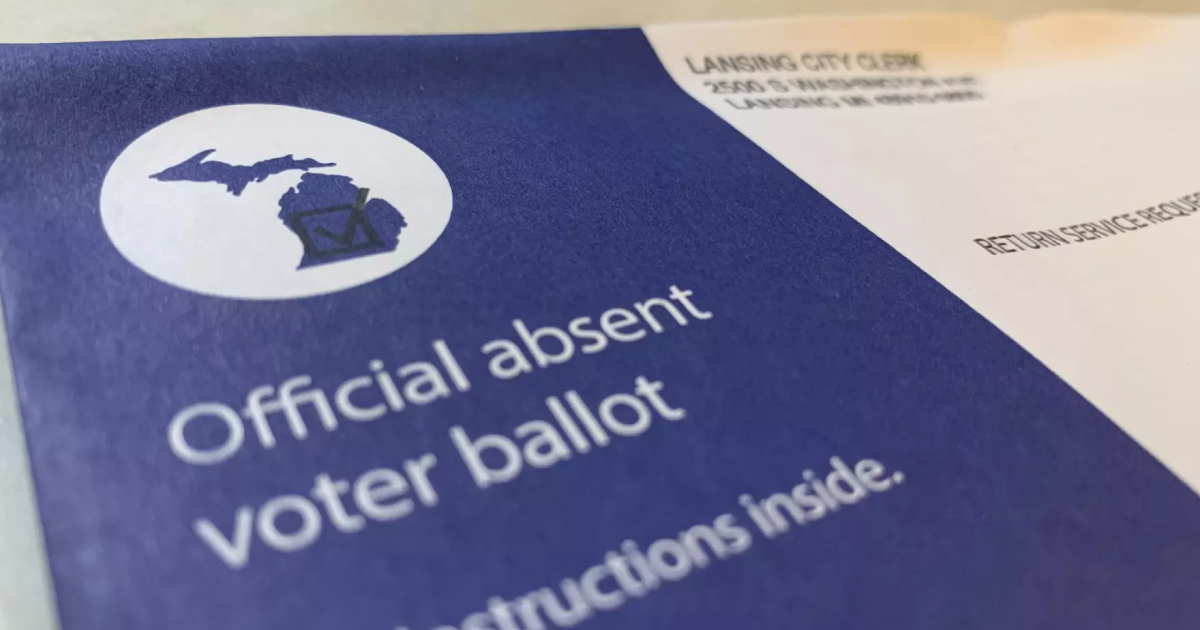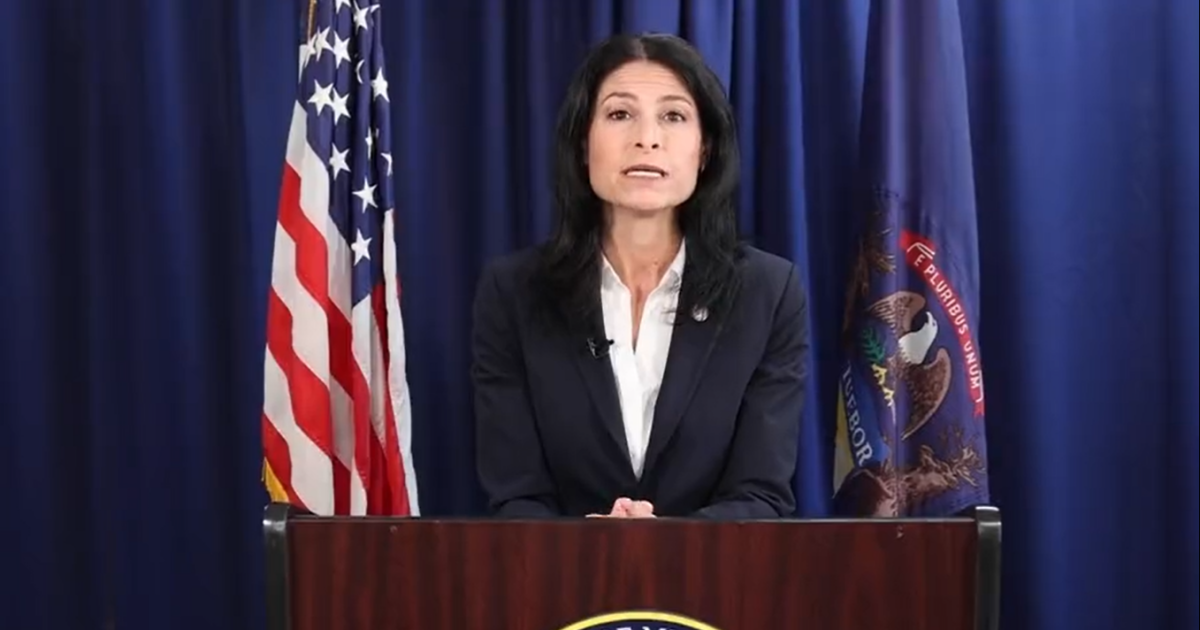EPA Halts $7 Billion Solar Grant, Impacting Michigan Initiatives
The U.S. Environmental Protection Agency recently scrapped a $7 billion grant program intended to assist low-income communities with solar energy adoption. Known as Solar for All, this initiative aimed to allocate over $156 million to Michigan for projects like rooftop solar installations, energy storage, and workforce development.
Phil Roos, Director of the Michigan Department of Environment, Great Lakes, and Energy (EGLE), provided insights into the program’s cancellation’s effects on the state. “We had projects across Michigan,” Roos explained, highlighting initiatives in both urban and rural settings.
Among the planned projects were solar power and storage installations in Ann Arbor’s Bryant neighborhood, and solar facilities at Cadillac’s wastewater treatment plant. In Metro Detroit, efforts included retrofitting homes with solar rooftops, battery storage, and efficient heating systems. “These are programs that would make a real difference in the lives of the people that can benefit from them most,” Roos stated, emphasizing the potential for energy savings and job creation.
Uncertain Future for Solar Projects
With the program’s funding now in question, Roos mentioned ongoing discussions with the Attorney General’s office to determine a course of action. Although none of the projects were underway, significant planning and administrative groundwork had been laid, with $13.9 million earmarked for these efforts.
Roos confirmed, “Much of the work that had been done was the administrative efforts to organize the program, do the planning.” He noted that although approximately $1 million had been reimbursed by the EPA, further financial commitments remain uncertain.
Exploring Alternatives and Addressing Concerns
Despite the setback, EGLE remains committed to advancing solar accessibility statewide. Roos acknowledged the challenge of replacing the $156 million funding gap but expressed hope for potential reinstatement of the program or alternative funding sources.
He also underscored the broader implications of the program’s cancellation, particularly regarding energy independence amid national energy concerns. “Cutting a program like this, that actually increases our energy independence while lowering costs for thousands of Michigan households, that should be prioritized, not cut,” Roos argued.
While other initiatives like the Home Energy Rebates exist, they don’t specifically target solar energy. Roos mentioned possible IRS programs offering tax credits for solar adoption, though details remain sparse.
Addressing Claims of Mismanagement
In response to the EPA’s reasoning for the funding cut, citing potential waste and abuse through various intermediary entities, Roos countered, “There’s not waste in this program.” He asserted that Michigan’s grant had been meticulously planned and managed, suggesting the EPA’s withdrawal as a breach of agreement.
—
Read More Michigan News










